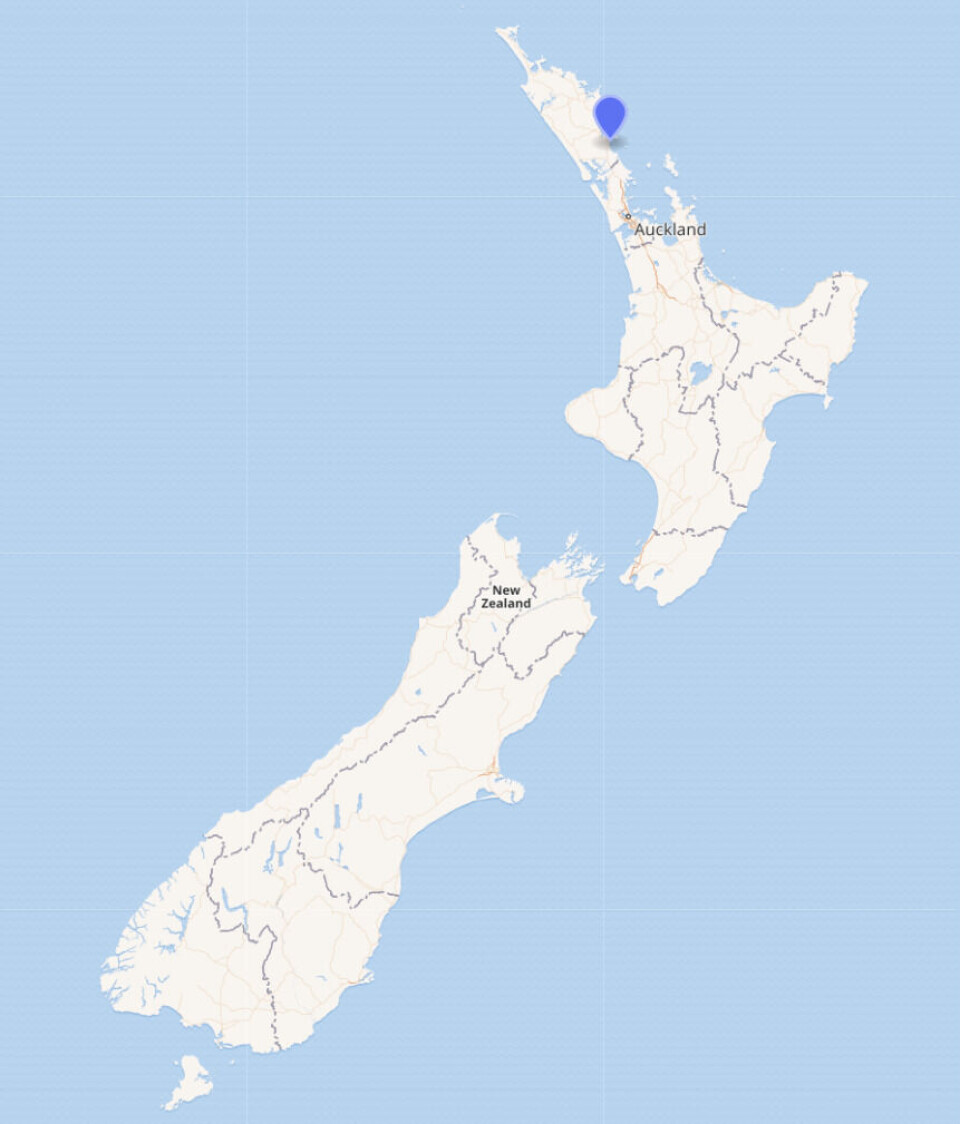
Land-based yellowtail farm opens in New Zealand
Kingfish RAS will be 'proof-of-concept' for country's aquaculture sector
A land-based facility for production of yellowtail kingfish (Seriola lalandi) has opened in Ruakākā in the north of New Zealand’s North Island.
The 600-tonnes-per-year recirculating aquaculture system (RAS) facility was officially opened on Tuesday, August 13 and is run by NIWA (the National Institute of Water and Atmospheric Research).
The building is designed to demonstrate the commercial viability of land-based aquaculture.
NIWA’s chief executive, John Morgan, said in a news story on the institute’s website that the facility introduces a new species to help New Zealand meet the huge global demand for seafood, and that it will help reach the NZ government’s aquaculture strategy goal of NZ $3 billion (around £1.4bn) in annual sales from the sector by 2035.

Gap in the market
“We saw a clear gap in the market for a land-based facility that produces commercial quantities of high-quality fish,” said Morgan.
“Yellowtail kingfish are known for their rapid growth and efficient conversion of feed into meat. Our fish grow from a 1 mm egg to a 3 kg fish in less than 12 months. Our extensive research and experimentation has identified the conditions that maximise the fish’s health and welfare.”
The RAS facility is a joint venture between NIWA and Northland Regional Council, which built the premises leased to NIWA, and represents a significant investment in the Northland economy.
“Beyond the jobs created and the income generated for our community, this project has helped put Northland on the map in terms of future-oriented, environmentally friendly fish farming,” said Northland Regional Council chairman Geoff Crawford.
“It sets a great precedent, and we hope that the success of this project will trigger investments in larger RAS operations and unlock the growth potential for other marine species.”
NIWA and the Northland Regional Council see the facility as an initial project which they hope will act as a “proof of concept” for New Zealand's land-based aquaculture industry.
Ruakākā saw development in the 1980s as a result of the expansion of the nearby Marsden Point, New Zealand's sole oil refinery. It has a population of around 3,000.























































